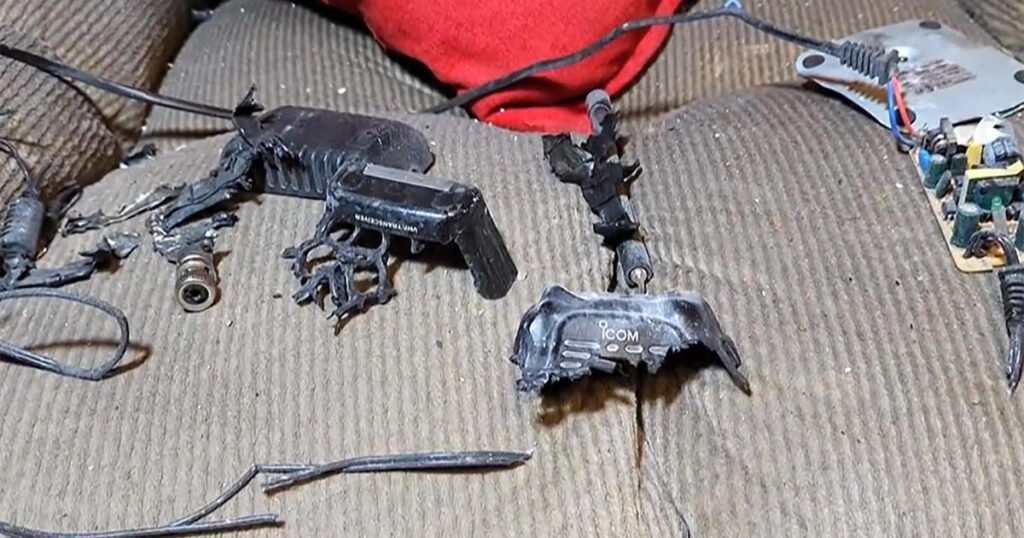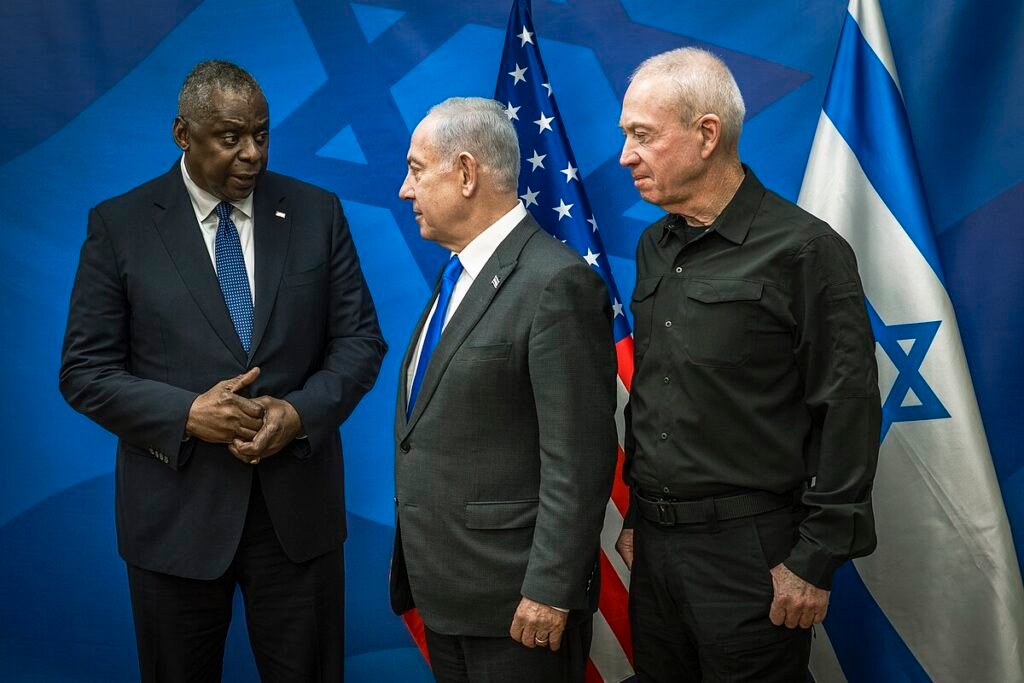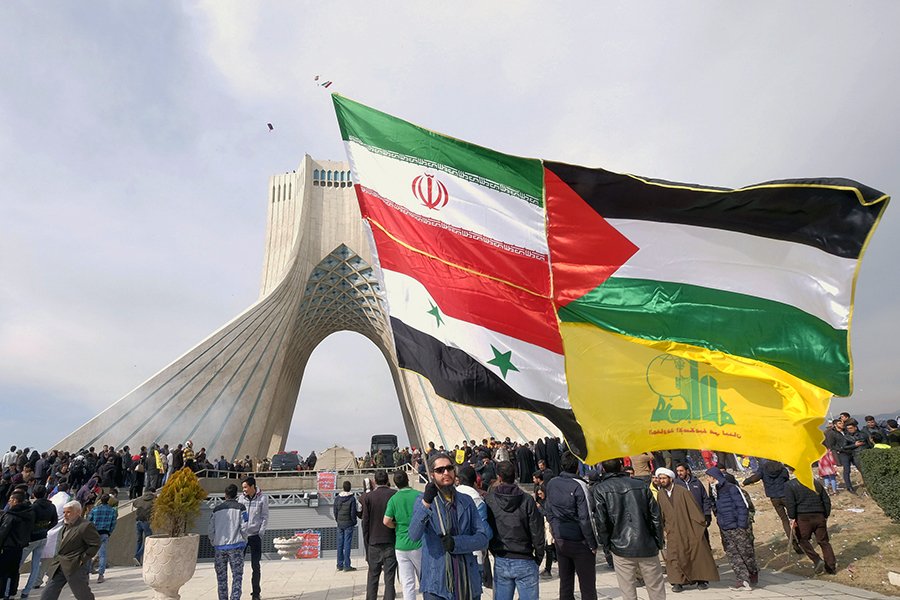Israel’s recent attacks in Lebanon, allegedly orchestrated through a network of explosive-laden pagers, have pushed the region closer to the brink of all-out conflict. With at least 30 people killed and thousands more injured, these unprecedented strikes have been widely condemned, with many labeling them acts of terrorism. The explosions, which occurred in public spaces including hospitals, schools, and marketplaces, have instilled fear and panic among the Lebanese population. The attacks come amid intensifying pressure from Israeli Prime Minister Benjamin Netanyahu, whose ambitions appear to favor continued conflict as a means to maintain political power.
Israel’s Strategy: Unchecked Aggression and Regional Destabilization

According to reports from multiple intelligence sources, Israel’s operation against Hezbollah was meticulously planned over several months. Explosive devices were concealed within pagers and two-way radios, distributed across Lebanon, and detonated remotely, causing widespread injury and fatalities. Israel’s alleged goal was not only to target Hezbollah operatives but to provoke a reaction from Hezbollah that could justify further escalation.
Netanyahu’s insistence on aggressive tactics has intensified as his domestic position weakens. Analysts suggest that by maintaining a state of perpetual war, he can stave off mounting calls for his resignation and prolong his hold on power, despite the fragility of his governing coalition. For Netanyahu, an expanded conflict with Lebanon could distract from his impending corruption trial, securing his political survival through continued instability.
The Role of U.S. Support in Sustaining Conflict
Although U.S. officials have expressed concern over the potential for a regional war, their opposition has yet to translate into meaningful action. The United States continues to support Israel financially and militarily, with billions of taxpayer dollars funneled into Israel’s defense industry, which in turn sustains major U.S. arms manufacturers. This close relationship ensures a steady stream of advanced weaponry, emboldening Israel’s capacity for prolonged conflict in the Middle East.
For U.S.-based defense corporations, heightened tensions in the region represent lucrative opportunities. Companies like Lockheed Martin benefit directly from Israel’s reliance on U.S.-made weapons, and this dependency aligns U.S. foreign policy interests with the financial gains of the defense industry.

As Israel maintains its “permanent state of war” through occupation and regional attacks, the U.S. government’s alignment with Israeli interests further deepens, reinforcing both nations’ shared geopolitical objectives.

Netanyahu’s Calculations: War as Political Leverage
Netanyahu’s political calculus appears geared toward sustaining a long-term conflict. His administration has repeatedly obstructed ceasefire negotiations with Hamas, imposing conditions widely seen as designed to fail. By prolonging hostilities, Netanyahu can claim to be defending Israel’s security, even as his actions draw condemnation and risk expanding the crisis.
The attacks on Lebanese soil reflect a strategic move by Netanyahu’s administration to provoke Hezbollah, hoping to justify a potential ground invasion. This tactic has sparked debates within Israel’s own military and government. Reports suggest significant disagreements among Israeli leaders, with some officials warning that an invasion of Lebanon could backfire, stretching Israel’s resources and igniting a broader conflict involving Iran and Syria.
The Regional Impact of Perpetual Conflict
The implications of Israel’s actions extend beyond its borders, risking widespread regional destabilization. Hezbollah and its allies, including Iran and various Iraqi militias, have signaled their readiness to respond to an Israeli invasion of Lebanon. The potential for a multilateral conflict involving multiple state and non-state actors has escalated, heightening the threat of prolonged violence.
Despite efforts from some U.S. officials to de-escalate the situation, Netanyahu remains resolute. U.S. special envoy Amos Hochstein reportedly advised against an expanded war with Lebanon, cautioning that such a move could engulf the region in an unmanageable conflict. However, Netanyahu’s response has been dismissive, confident that U.S. support will remain steadfast regardless of Washington’s stated preferences for diplomacy.

A Crossroads for Israel and the Region
As Netanyahu’s actions bring the Middle East closer to a catastrophic war, many are calling for an urgent reassessment of the United States’ unconditional support for Israel. Without meaningful checks on Israel’s aggressive policies, the cycle of violence in Gaza, Lebanon, and beyond seems destined to continue, with devastating consequences for regional stability and civilian lives. The choice to back or distance from Netanyahu’s approach will not only shape the future of U.S.-Israeli relations but also determine the trajectory of peace and conflict across the Middle East.

